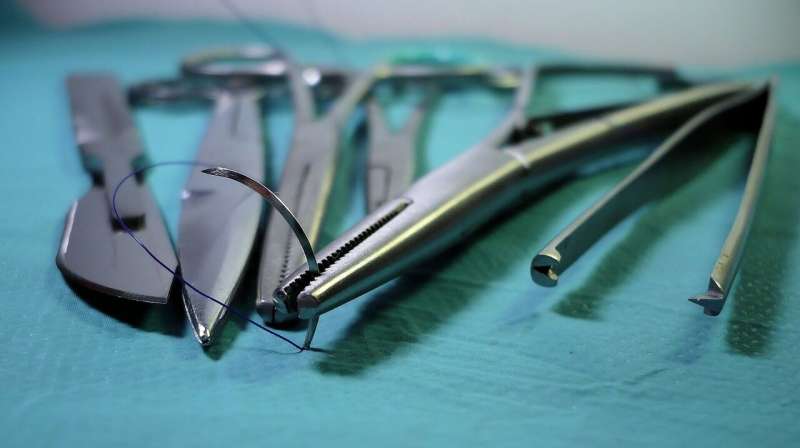Impact of Private Sector on NHS Waiting Times for Hip and Knee Replacements

Recent research highlights a troubling trend within the NHS, where increasing reliance on private healthcare providers is contributing to longer waiting periods for essential hip and knee replacement surgeries. A comprehensive study conducted by Newcastle University examined NHS-funded surgeries from 1997 to 2019 and revealed that although private providers initially helped reduce waiting times, their expanded involvement in recent years has led to a concerning shift.
The study found that, on average, patients treated through private sector contracts experienced shorter wait times compared to those treated within NHS hospitals. Specifically, NHS-funded patients treated in private facilities waited approximately half as long for surgery. However, during the period from 2003 to 2008—when private sector engagement was minimal—NHS hospitals saw increased surgical admissions and significantly reduced waiting times. Post-2008, as private provision grew, NHS capacity diminished, resulting in longer queues across the board.
Experts warn that this trend signifies a move toward a two-tier health system, where wealthier patients benefit from quicker access via private providers, while less affluent patients face extended delays in NHS hospitals. Professor Allyson Pollock of Newcastle University criticized this shift, stating that private sector involvement is effectively substituting NHS capacity, undermining the principle of equitable access based on need.
The findings raise urgent concerns about the future of NHS services, highlighting the risks of outsourcing to private companies. The researchers advocate for a ban on NHS contracts with private providers for elective surgeries and call for the government to investigate the true costs and profits associated with outsourcing. Restoring in-house NHS capacity is essential to address growing waiting lists and to ensure fair, timely care for all patients.
This research underscores the importance of safeguarding the NHS from private sector influence, emphasizing that more outsourcing may worsen inequalities and compromise the quality of healthcare services.
Stay Updated with Mia's Feed
Get the latest health & wellness insights delivered straight to your inbox.
Related Articles
University Enhances Surveillance for Emerging Infectious Diseases
The University of Minnesota is establishing a new institute to track emerging infectious threats through genetic surveillance and wastewater analysis, strengthening disease monitoring capabilities amid federal funding challenges. Learn about their innovative approach to early outbreak detection.
New Potent Synthetic Opioid Poses Elevated Overdose Risks
A newly detected synthetic opioid, belonging to the nitazene class, is significantly more potent than morphine and fentanyl, raising serious overdose concerns. Rapid detection efforts aim to prevent harm.
Understanding Why Some People Experience Dementia in Middle Age
New research uncovers biological markers linked to early detection of frontotemporal dementia in middle-aged adults, paving the way for improved diagnosis and targeted treatments.
Understanding Why Donor Hearts Fail During Cold Storage and How to Prevent It
New research uncovers the molecular causes of donor heart failure during cold storage and offers a promising therapy using existing medication to improve transplant success.



